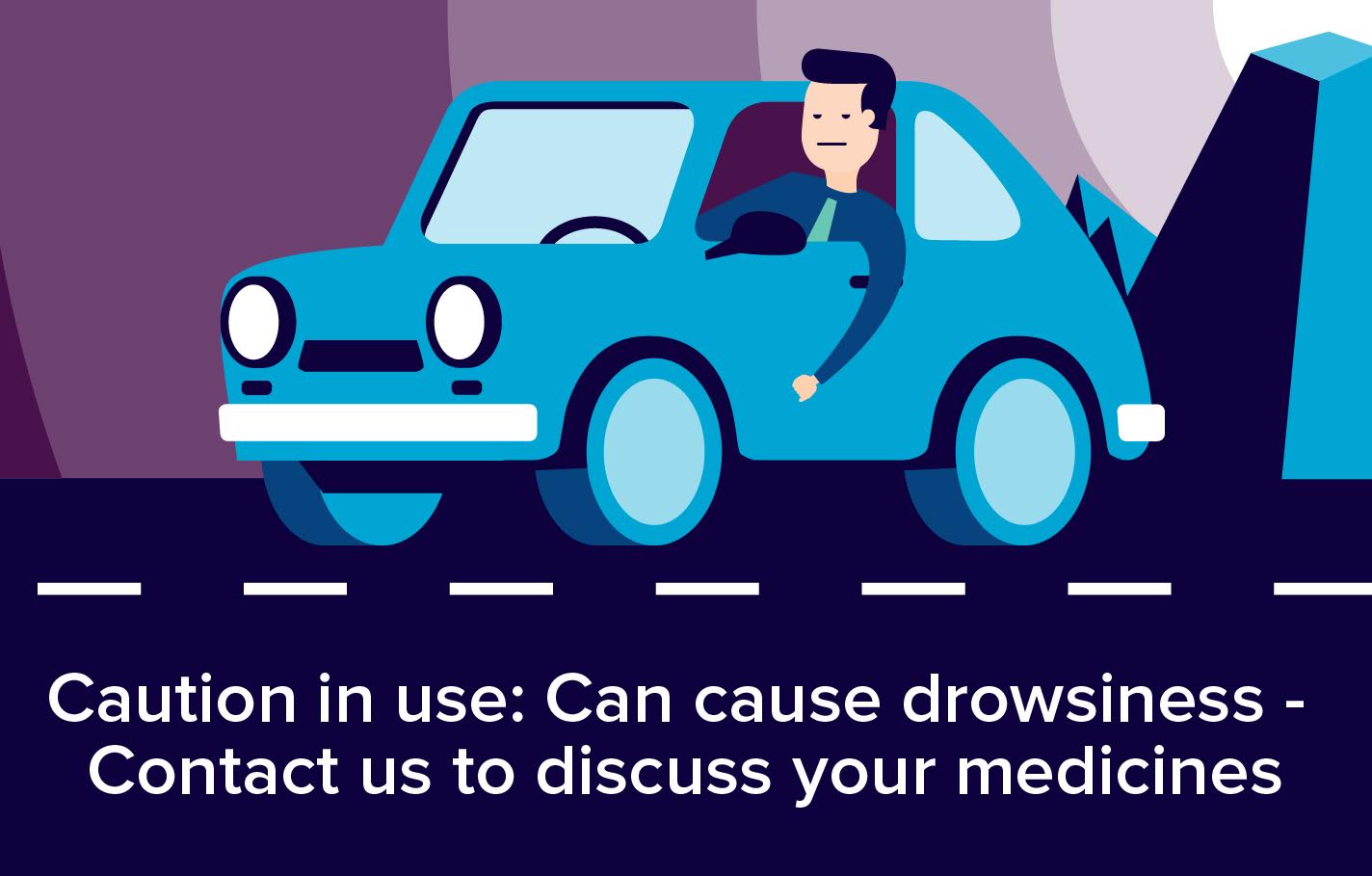Clareeze allergy tablets contain the active ingredient loratadine, which is a type of medicine called a non-sedating antihistamine. Clareeze works by preventing the actions of histamine.

How does Clareeze work?
- Clareeze allergy tablets contain the active ingredient loratadine, which is a type of medicine called a non-sedating antihistamine. Clareeze is also available without a brand name, ie as the generic medicine. Clareeze works by preventing the actions of histamine.
- Histamine is a substance produced by the body as part of its defence mechanisms. It is stored in cells called mast cells and found in almost all tissues of the body.
What is Clareeze used for?
- Hayfever (seasonal allergic rhinitis) in adults and children aged two years and over.
- Inflammation of the nasal lining due to allergies that occur thoughout the year (perennial allergic rhinitis) in adults and children aged two years and over.
- Ongoing itchy rash with no known cause (chronic idiopathic urticaria) in adults and children aged two years and over.
Before taking Clareeze
Before taking Clareeze make sure your doctor or pharmacist knows:
- If you are pregnant, trying for a baby or breast-feeding.
- If you have liver problems.
- If you suffer from epilepsy.
- If you are taking other medicines, including those available to buy without a prescription, herbal and complementary medicines.
- If you have ever had an allergic reaction to this or to any other medicine.
How to take Clareeze
- Before starting this treatment, read the manufacturer's printed information leaflet.
- Take Clareeze exactly as your doctor or pharmacist has told you.
- Clareeze is taken only once a day. You may take it before or after food.
- If you are giving Clareeze to a child, make sure you follow the dosing instructions carefully. The dose you will need to give may depend upon the age and the weight of your child.
Getting the most from your treatment
- Clareeze is called a non-drowsy antihistamine, however it can sometimes cause drowsiness in some people. If you are affected do not drive or operate machinery or do any other jobs which could be dangerous if you were not fully alert.
- If you drink alcohol while you are taking Clareeze be aware of its effects on you and do not drink more than moderate amounts.
- If you buy any medicines, check with a pharmacist that they are safe to take with Clareeze.
Not to be used in
- Children under two years of age.
- Children aged 2 to 12 years who weigh less than 30kg.
- Pregnancy.
- Breastfeeding.
- Clareeze allergy tablets contain lactose and should not be taken by people with rare hereditary problems of galactose intolerance, the Lapp lactase deficiency or glucose-galactose malabsorption.
This medicine should not be used if you are allergic to any of its ingredients. Please inform your doctor or pharmacist if you have previously experienced such an allergy.
If you feel you have experienced an allergic reaction, stop using this medicine and inform your doctor or pharmacist immediately.
Use with caution in
- People with severely decreased liver function.
Side effects
Medicines and their possible side effects can affect individual people in different ways. The following are some of the side effects that are known to be associated with this medicine. Just because a side effect is stated here, it does not mean that all people using this medicine will experience that or any side effect.
- Headache.
- Nervousness.
- Fatigue.
- Increased appetite.
- Difficulty sleeping (insomnia).
- Dizziness (very rare).
- Increased heart rate (very rare).
- Nausea (very rare).
- Dry mouth (very rare).
- Stomach inflammation (very rare).
- Rash (very rare).
- Hair loss (very rare).
- Abnormal liver function (very rare).
The side effects listed above may not include all of the side effects reported by the medicine's manufacturer.
For more information about any other possible risks associated with this medicine, please read the information provided with the medicine or consult your doctor or pharmacist.
How to store Clareeze
- Keep all medicines out of the reach and sight of children.
- Store in a cool, dry place, away from direct heat and light.
If you have any more questions please ask your Pharmacist.
Remember to keep all medicines out of reach of children
Please Note: We have made every effort to ensure that the content of this information sheet is correct at time of publish, but remember that information about drugs may change. This sheet does not list all the uses and side-effects associated with this drug. For full details please see the drug information leaflet which comes with your medicine. Your doctor will assess your medical circumstances and draw your attention to any information or side-effects which may be relevant in your particular case.
References:
http://www.patient.co.uk/medicine/Loratadine.htm
http://www.claritynallergy.co.uk
http://www.netdoctor.co.uk/allergy-and-asthma/medicines/clarityn-allergy-tablets.html
http://www.drugs.com/uk/clarityn-allergy-10mg-tablets-spc-9650.html



